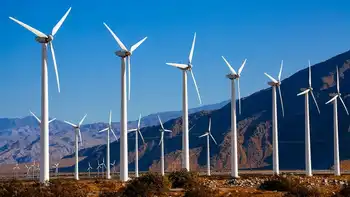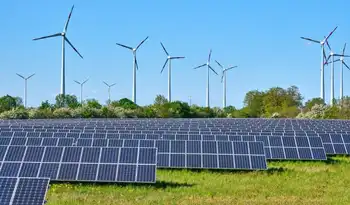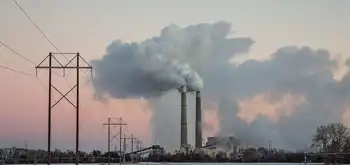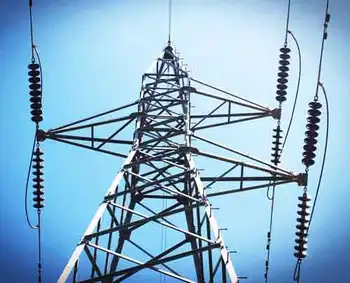Mitsubishi, Reykjavik Energy expand geothermal
Mitsubishi, the worlds top producer of geothermal power equipment, and Reykjavik Energy, which also has geothermal power operations, hope to package their products and market them in developing countries.
The two companies will also jointly develop a new, renewable synthetic fuel in Iceland by using carbon dioxide and water, said Ichiro Fukue, Mitsubishi Heavy senior executive vice president.
Less developed nations have faced difficulty launching geothermal power plants, which traditionally required separate firms to identify locations for projects, to build facilities and to operate the power plants.
We will offer services as a total package to underdeveloped countries, including funding, digging, construction and provision of operational knowhow, Fukue told reporters.
We hope this will help promote geothermal energy development, he said.
Already, several African and Latin American countries as well as Indonesia and the Philippines have expressed interests in the two firms expanded cooperation, Fukue said.
The two countries have conducted various businesses together since 1978.
Under their new agreement, Reykjavik Energy will find countries and regions to start geothermal power plants, while Mitsubishi will provide facilities and tools to start the projects.
Reykjavik Energy will also operate the power plants and provide business knowhow to customer countries, Fukue said.
Mitsubishi and Reykjavik Energy said they hope to capture 50 percent of the global geothermal market in 2014, although they did not offer specific business targets, such as sales figures.
The two firms had no immediate plan to market their products in Japan.
Iceland generates roughly 70 percent of its power needs from renewable sources, mostly geothermal and hydro power plants.
Related News

New fuel cell could help fix the renewable energy storage problem
LONDON - If we want a shot at transitioning to renewable energy, we’ll need one crucial thing: technologies that can convert electricity from wind and sun into a chemical fuel for storage and vice versa. Commercial devices that do this exist, but most are costly and perform only half of the equation. Now, researchers have created lab-scale gadgets that do both jobs. If larger versions work as well, they would help make it possible—or at least more affordable—to run the world on renewables.
The market for such technologies has grown along with renewables: In 2007, solar and wind provided just 0.8%…





